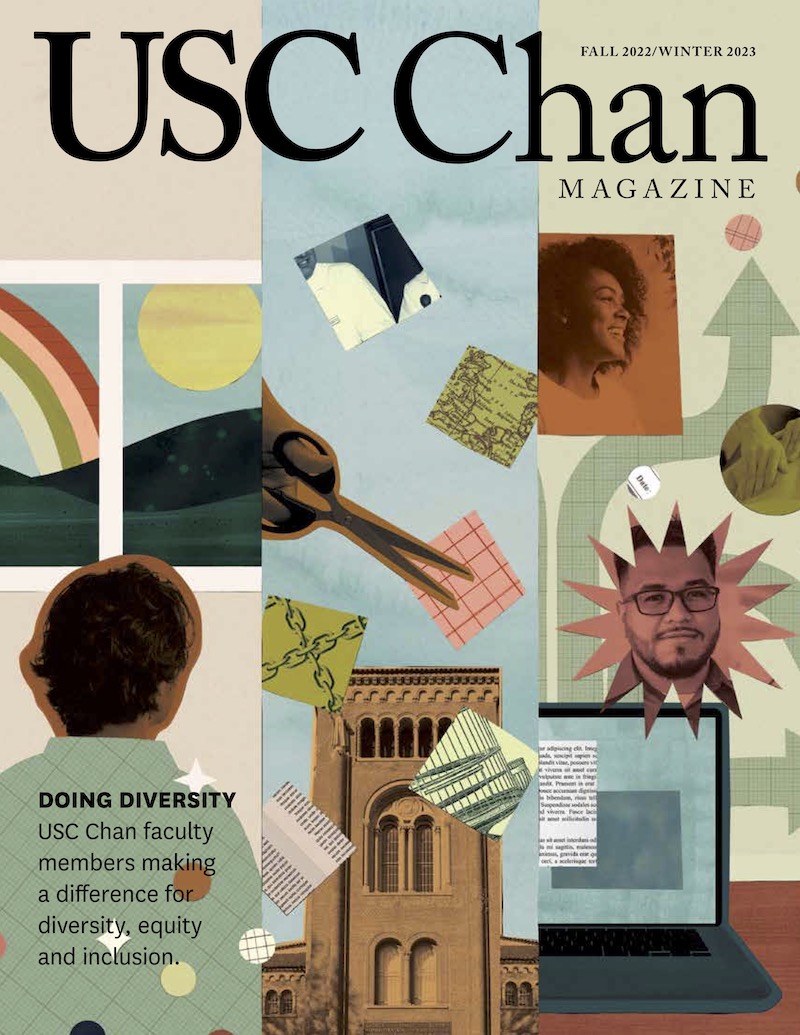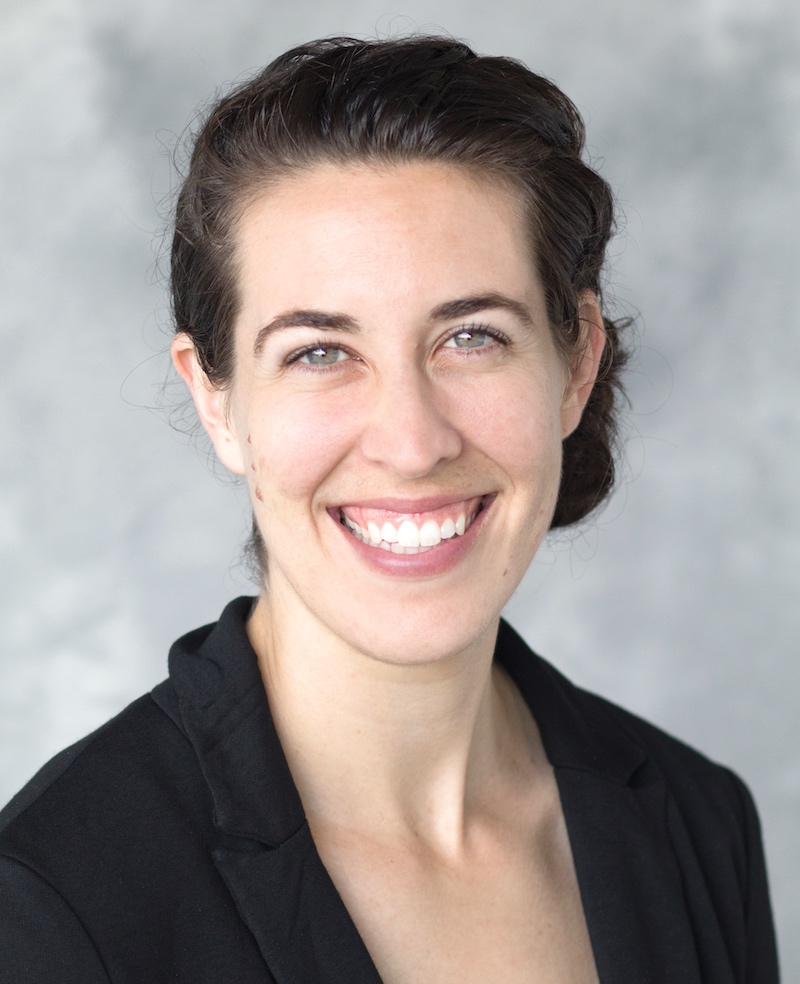Research Buzz
The Science of “Tuning in”
Building a Measure of Parent Responsiveness to Better Understand Its Effect on Infants’ Sensory Development.
By Emily Campi MA ’20, PhD ’24
Occupational Science Doctoral Student
When I began my educational journey at USC Chan in 2017, I was an eager, aspiring occupational therapy practitioner who was interested in research insofar as it supports evidence-based clinical practice. Through the gentle encouragement of several faculty members, in addition to engaging with Dr. Grace Baranek’s insp!re lab as a research assistant, I began to realize that research was an additional passion of mine. In fact, I began to see research as a form of practice in its own way. The idea of stumbling upon an interesting question, designing a strategy to find the answer and then sharing that knowledge seemed so exciting that I decided to pursue my PhD in occupational science.
Now, as a fourth year PhD candidate in the insp!re lab — short for Innovations in Neurodevelopmental Sensory Processing Research — my primary responsibility is working as an assessor for the Sensory and Social Development in Infants and Toddlers (SASI) study. The SASI study (PI: G. Baranek) examines trajectories of sensory and social communication development, and parent–infant engagement and parent responsiveness to infant cues, over a three month period in infants ages 6-16 months with no known developmental risk factors, as well as in infants who have been identified as at elevated likelihood of autism via a parent-report screening questionnaire.
I am also currently working on my dissertation, which will develop a measure of parent responsiveness to sensory reactivity and regulation cues based upon the extensive parent responsiveness literature. The measure will be relevant for families across developmental contexts, including those described within the SASI study, in addition to infants whose parents grew up in the foster care system, which poses substantial barriers to the development of their parenting skills. I am honored that the USC Center for the Changing Family has chosen to fund this project through their Small Grants for Trainees and Faculty program.
My long-term research interests include further examining infant development in the context of situational risk factors for suboptimal developmental outcomes. This may include parent responsiveness as the manner in which parents use parenting skills to recognize and respond to their infant’s cues; early identification of elevated likelihood of autism in populations who may otherwise be missed by today’s standard screening procedures; and the reciprocal development of parent and child through dyadic transactions in the context of their daily occupations. The occupational science lens promotes rich and meaningful study of parents and infants by emphasizing the interconnections among environment, activity and people themselves, as well as parent’s own sense of their evolving identity as they participate in the occupations of parenthood.
With the training and experiences I am gaining through the USC Chan PhD program, I hope to build my own contextualized clinical research program in order to find solutions to real-world challenges. Additionally, I plan to teach future occupational therapy students, with the goal of making research more accessible to clinicians in order to bridge the clinical–research gap in our field and to support implementation of cutting-edge, evidence-based practices in clinical settings.
My journey from aspiring clinician to rising scientist has been one marked by excellent mentors who opened doors to new opportunities for building skills, so that my work can positively impact the field and, ultimately, the clients whom we serve.
⋯







